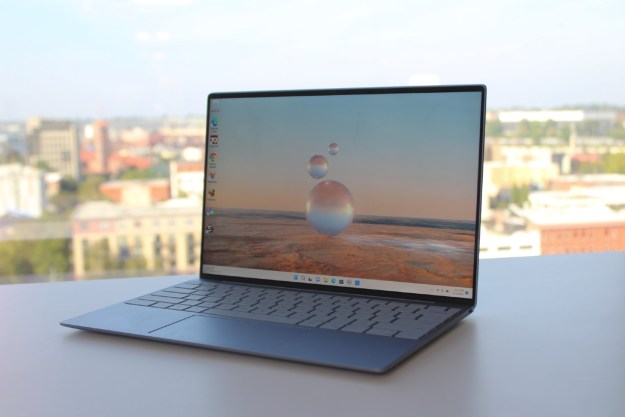
Inspired by none other than a comic strip, the two researchers detail the secrets of the ideal password in their recent paper. “Our methods are inspired by an XKCD cartoon that proposes to convert a randomly-chosen 44-bit password into a short, nonsensical sequence of English words,” the team writes. “The proposed system divides the 44-bit password into four 11-bit chunks, and each chunk provides an index into a 2,048-word English dictionary.”
Noting that the most secure of passwords (like 0010100010100 … 00101001) are often hard to memorize, the duo attempted to “convert such strings into English phrases, in order to improve their memorability, using natural language processing to select fluent passphrases.” And the most memorable of phrases just so happened to be baby poems.
“One of our famous researchers in the field said computers are eventually going to be able to translate very well, but they won’t be able to translate poetry,” Knight told NPR. “So I kind of took that as a personal challenge.” And ultimately, he continued, “computers might even be better than humans at, say, trying to come up with a five-syllable word that rhymes with ballistics.”
As it turns out, he may just be right, as he and Ghazvininejad built a poem generator that builds a million poems for each 60-bit string it’s fed, assigning a distinct code to every word in a 327,868-word dictionary. Then, making use of natural language processing, the poem that is the most logical (read: memorable), gets to serve as a password. The poems are just as secure as the 60-bit string, but given that they’re English rhyming words, they’re much easier to remember than a long series of random numbers.
While the team also tested the effect of sentences as passwords, they found that poems were actually much more memorable. In a small experiment, they found that more than 60 percent of respondents could remember the exact poem two days later, which represented a higher proportion than could remember sentences.
You can test out the poem generator yourself here to create a truly secure password for yourself. And while it may not be worthy of William Blake, it’ll keep your accounts safe.
Editors' Recommendations
- Windows 11 tips and tricks: 8 hidden settings you need to try
- USB-C charging laptops: Here’s what you need to know
- Does your Mac really need antivirus software? We asked the experts
- How to change your router’s Wi-Fi password
- Do you need a VPN at home? Potential benefits explained


